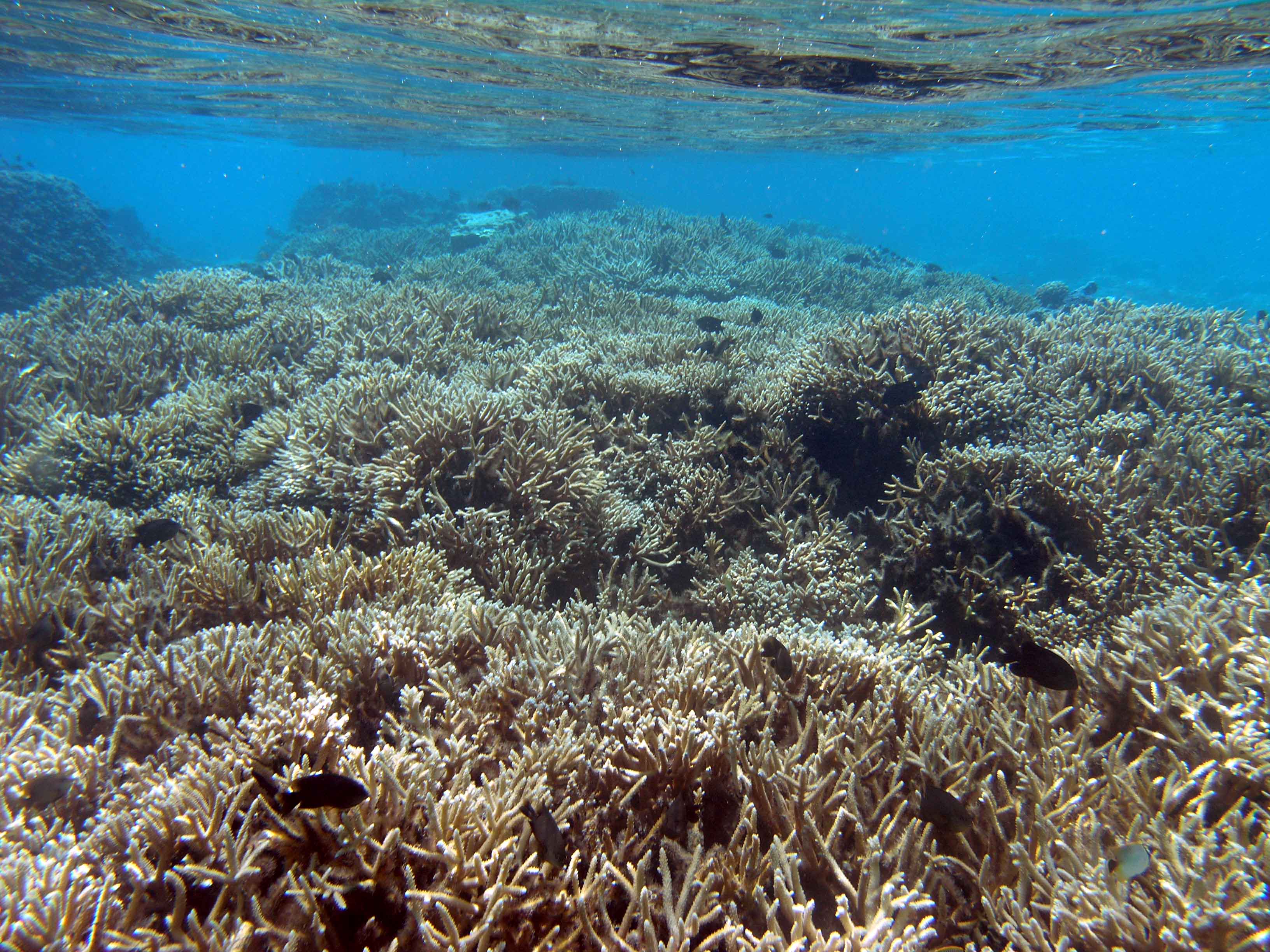
Previous studies of coral colonies have shown that ocean acidification and high temperatures can inhibit the deposition of calcium, known as calcification, that builds coral reef structure. The common garden experiment described here was designed specifically to examine whether individual colonies of Acropora pulchra responded in different ways to ocean warming and acidification.
In addition to greater variation in the response to temperature than CO2, the team also found that the fastest growing colonies under normal conditions were most affected by elevated temperature and CO2 levels. This implies that coral colonies contributing the most to reef growth will be disproportionately affected by changing environmental conditions.










